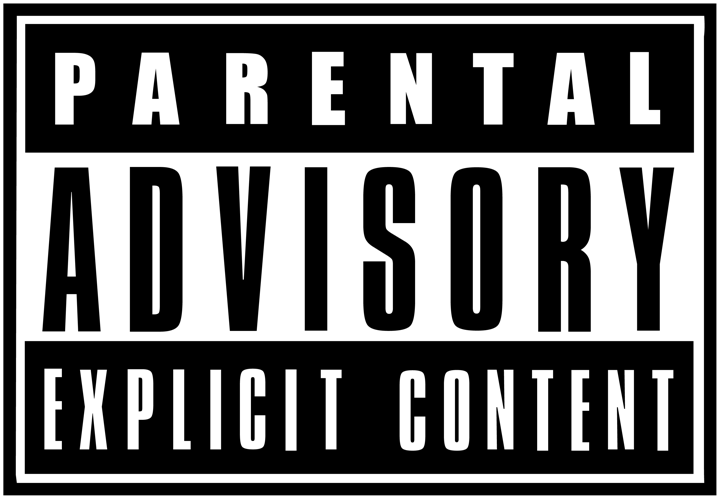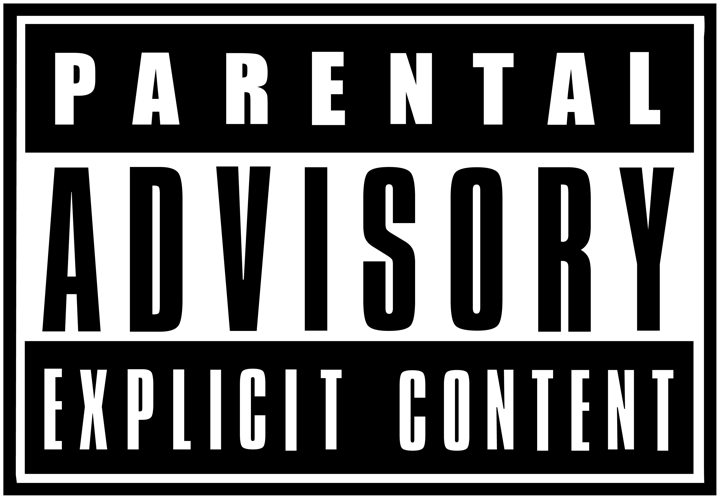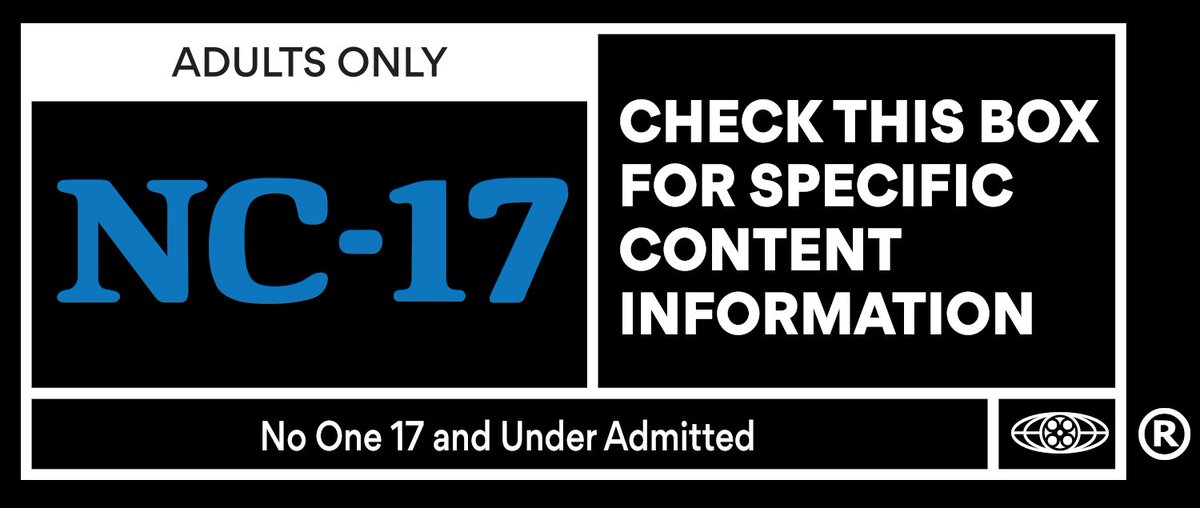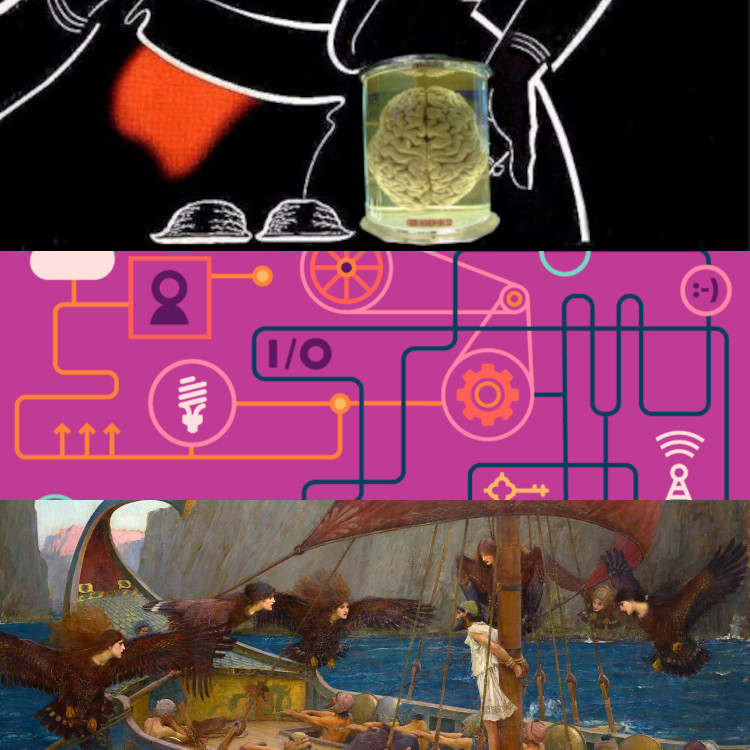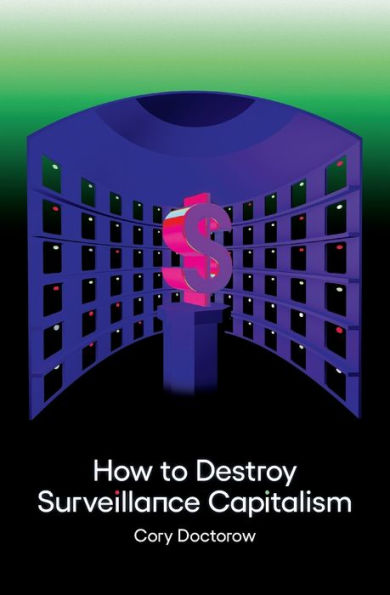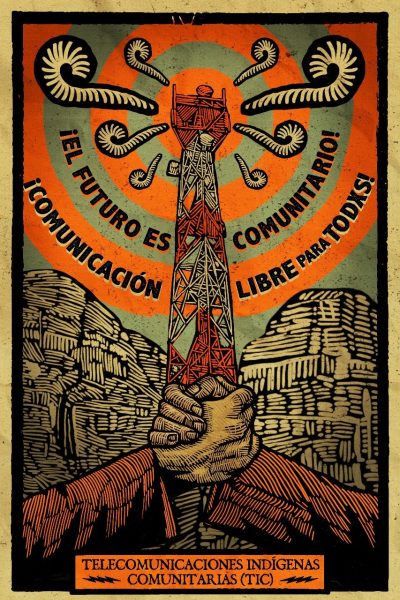Here are some kinds of private speech-suppression that I think most of us can agree are censorship: when the John Birch Society burned mountains of rock records and novels - or when Tipper Gore's PMRC pressured record stores to drop punk, metal and rap albums.
2/
Or the Comics Code Authority, which signed up all comics publishers and retailers to block comics if they contained anything unfit for small children, which stunted American comics for generations while their European counterparts created entire sophisticated genres.
3/
Or MPAA ratings, in which a secret group of censors (falsely described as frequently rotated, randomly selected parents - really they're long-serving studio insiders) decides whether movies get NC-17 ratings and thus be blocked from nearly every screen in the country.
4/
(You can learn more about this from Kirby Dick's unmissable doc, "This Film Is Not Yet Rated," which documents both how the MPAA misleads the public about ratings, and uses them to block LGBTQ content)
https://t.co/wTplK0Z9OY 5/
Do those feel like censorship to you? They do to me. They share a common thread, too: monopoly. In each case, the number of retailers, producers, distributors, etc is small enough that if they collude to block something, it effectively vanishes.
6/
Or the Inquisitions - which were not government censorship. The Inquisitions undertaken by Church officials, who were not part of any government - instead, they represented an unaccountable, transnational authority that governments were largely powerless against.
7/
Does that sound familiar? Our media, speech forums, and distribution systems are all run by cartels and monopolists whom governments can't even tax - forget regulating them.
8/
The most consequential regulation of these industries is negative regulation - a failure to block anticompetitive mergers and market-cornering vertical monopolies.
9/
When governments fail to block the monopolization of speech forums, they're enabling censorship, just not in a way that violates the First Amendment, so we have no recourse and no transparency and no right of action when it happens.
https://t.co/8LtuOxHUoA 10/
If we only call something "censorship" when it involves state action, then there's basically no such thing as internet censorship - not because speech is never suppressed, but because under that theory the First Amendment simply does not apply to the internet.
11/
Social media is a duopoly. If neither will admit you, you can't use it. So you start your own site! Cloud computing is also clustered into a handful of companies (with AWS, a major military-intelligence contractor, running >50% of that business).
12/
If they block you, you'll need to host your own server. The majority of data centers are also concentrated into a few hands, too. Oh, so are the domain registrars. And the payment processors. Also the anti-DDoS companies and CDNs. Search is run by one company.
13/
How many companies need to collude to make it impossible for you to have a detectable internet presence? It's less than 50. And really, since losing any part of this stack can be a definitive blocker, it can be as few as two companies (mobile apps), or even one (search).
14/
You won't be completely unlocatable - the Inquisitons didn't seek to snuff out every copy of banned works (indeed, they preserved many of them in their private libraries!) and the PMRC, Comics Authority and MPAA ratings board don't totally eliminate their targeted media.
15/
But your speech will be marginalized and buried in ways that would be totally illegal if this were the result of state action. Only this speech is sidelined due to government INACTION.
16/
Ironically, the only corner of the networked world where 1A gets a look in is city-run broadband services - the same services that conservatives who have newfound concerns about online censorship deplore as "government intervention in the market."
https://t.co/eDcq0uQ1IS 17/
40 years of antitrust malpractice created a situation in which censorship is up, speech is perilous, and the First Amendment doesn't apply in either case.
The answer is NOT to impose speech duties on private platforms.
18/
"Fairness doctrines" are why the
@BBC spent years airing anti-vaxxers and climate deniers every time they had a story about why you should get vaccinated and vote for decarbonization.
Facebook and Twitter have demonstrated far worse editorial judgment than Auntie.
19/
The problem with the tech giants isn't just their bad judgment, it's how consequential their mistakes are. Trying to improve the judgment of the tech companies is a fool's errand, a project without precedent. No one's ever convinced a monopolist to turn benevolent dictator.
20/
If we can't stop the tech giants from making mistakes, at least we can reduce the consequences of their errors by making them smaller. Block mergers. Unwind mergers undertaken on false premises (like FB/IG/WA and Google/YT/Ad/Doubleclick).
https://t.co/yntTrVNg7P 21/
Force interoperability upon them as the EU's Digital Services Act and the US ACCESS Act contemplate, then take away their right to block other forms of interoperability:
https://t.co/Tw7DPaiiY4 22/
And for god's sake, stop talking about CDA 230 as an answer to any of this. "You must moderate all your users" is a death sentence to anyone who DOESN'T have an army of moderators - anyone who might challenge FB and Twitter.
23/
For Big Tech, a legal moderation duty is just an excuse to remove any speech that anyone anywhere might complain about: "Sorry we removed your anti-pipeline protest announcement, but we were worried we'd be sued if we didn't."
24/
When the government censors, it's "unconstitutional censorship," but there are other forms of censorship that have always been with us and that we should all be concerned about.
When it comes to communications tech, competition policy is speech policy.
eof/
ETA: if you'd like to read or link to this as a single blog post on a site that's free from surveillance, ads and trackers, here's a permalink:
https://t.co/K6i7guat0B
